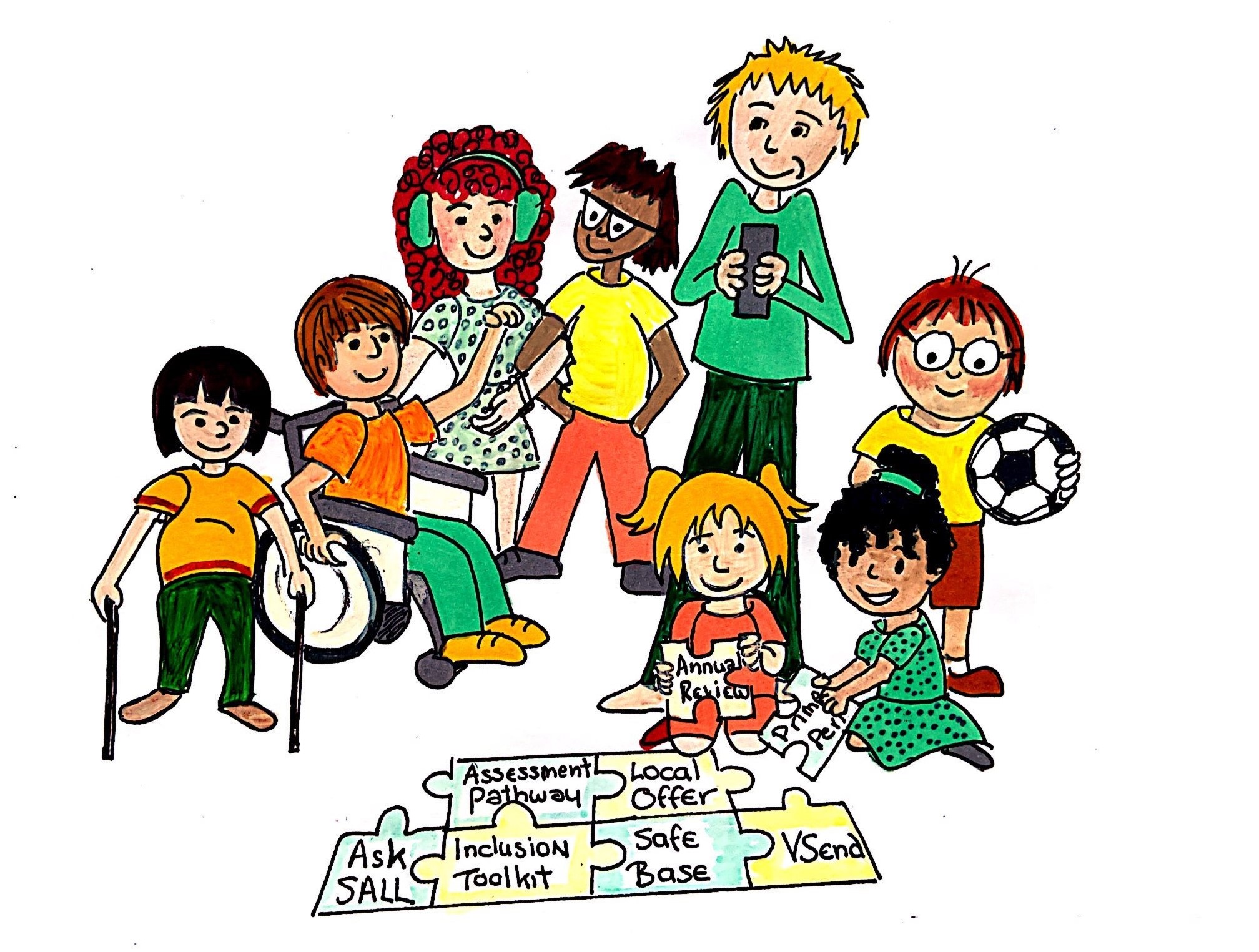Level 3-4 strategies to support targeted interventions
High quality teaching strategies, approaches and adaptations for pupils should be implemented and supplemented
0-5
Use a range of strategies depending on the needs of the child to support with individual development
- sensitive groupings to allow for peer support, good role models, focused teaching
- careful consideration of practitioner input, changing pace, expectation and resources
- continual and consistent use of language strategies
- advice from external agencies For example, Lincolnshire Community Health Services NHS Trust (LCHS) who offer Speech and Language Therapy (SALT) support, including advice and staff training, or the Extended Communication and Language Impairment Provision for Students (ECLIPS) Team. Where a child aged 0-5yrs has been diagnosed with Developmental Language Disorder and is receiving support through the Enhanced Plus level of service, a speech therapist and a specialist language teacher from ECLIPS will work together with the setting to support a child's language, communication and learning needs; offering support with assessment and transition from Foundation Stage into Key Stage 1.
- pre and post additional support is used to enable the child to engage with learning opportunities within in the setting For example,
- using appropriate vocabulary
- encouraging opportunities to use new vocabulary
- share new vocabulary with parents and opportunities to practice this
- enhanced opportunities to use technology to enhance communication
- use of visual reminders, timers, resources and rewards to develop independence
- visual clues sensitively placed in the environment and referenced which support a clear daily routine
- there may be need for very structured and multi-sensory approaches to learning. For example,
- using modelling of mouth shapes to develop children's oro-motor skills, use of mirrors and sensory experiences
- use real objects, signs or symbols to support receptive and expressive language
- the key person or practitioner takes responsibility for sharing knowledge of the child's strengths and areas for development with all staff. They ensure that resources and approaches are embedded and consistent across the provision to assist with securing best outcomes through the use of:
- visual support to identify areas and resources
- visual support to offer choices and opportunities
- use of Makaton signing to support communication
- if child is using point or gesture to make their needs known, respond with words For example, "you want spoon?" to support expressive language and encourage a verbal response
- if a child is using very little language in nursery or school, it is useful to check their understanding of these early developing concepts:
- quantity (more, empty, full,lots)
- size (big, little)
- touch (wet,dry)
- sound (noisy, quiet, loud)
- movement (fast, slow)
- space (in, out, under, behind, top, bottom)
- choose everyday sequencing activities and encourage the child to carry out the sequence for example: Making a cup of juice, making a sandwich, eating a yogurt, draw a person, draw a house
- children need to understand the vocabulary used during an activity (first, and then, then what happen last), many 3-5's need frequent exposure to these words in context with their learning as they are abstract concepts
- if child struggles with these early concepts it is likely they will struggle with negative commands such as "don't run", instead try to re-phrase language such as "walk please"
- if child tries to say a word, say it back to them so that they can hear the name of the object clearly (don't make the child repeat the word correctly)
- if a child has unclear speech, don’t pretend to understand. Ask the child to show you or sign, if possible. Be as reassuring as possible and change the subject, if needed, and focus on something positive
- select communication and language on the referral form for support from the speech and language therapy service
- early years first call is an excellent resource to support settings and families with ideas for the development of language and communication skills
5-16
- specialist services should guide assessment, target-setting and intervention programme
- pre and post tutoring should enable the pupil to engage with learning in the classroom
- a range of supports within the classroom, including:
- visual timetables
- now and next
- visual aids
- natural gesture and signing
- use of ICT
- audio visual aids, should support understanding
- group work should be planned and opportunities tailored to meet identified need
- small group support For example, Circle of Friends, self-esteem group should be available
- specialist recommendations should be implemented and reviewed through the pupil's Individual Education Plan (IEP)


